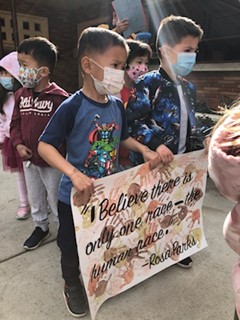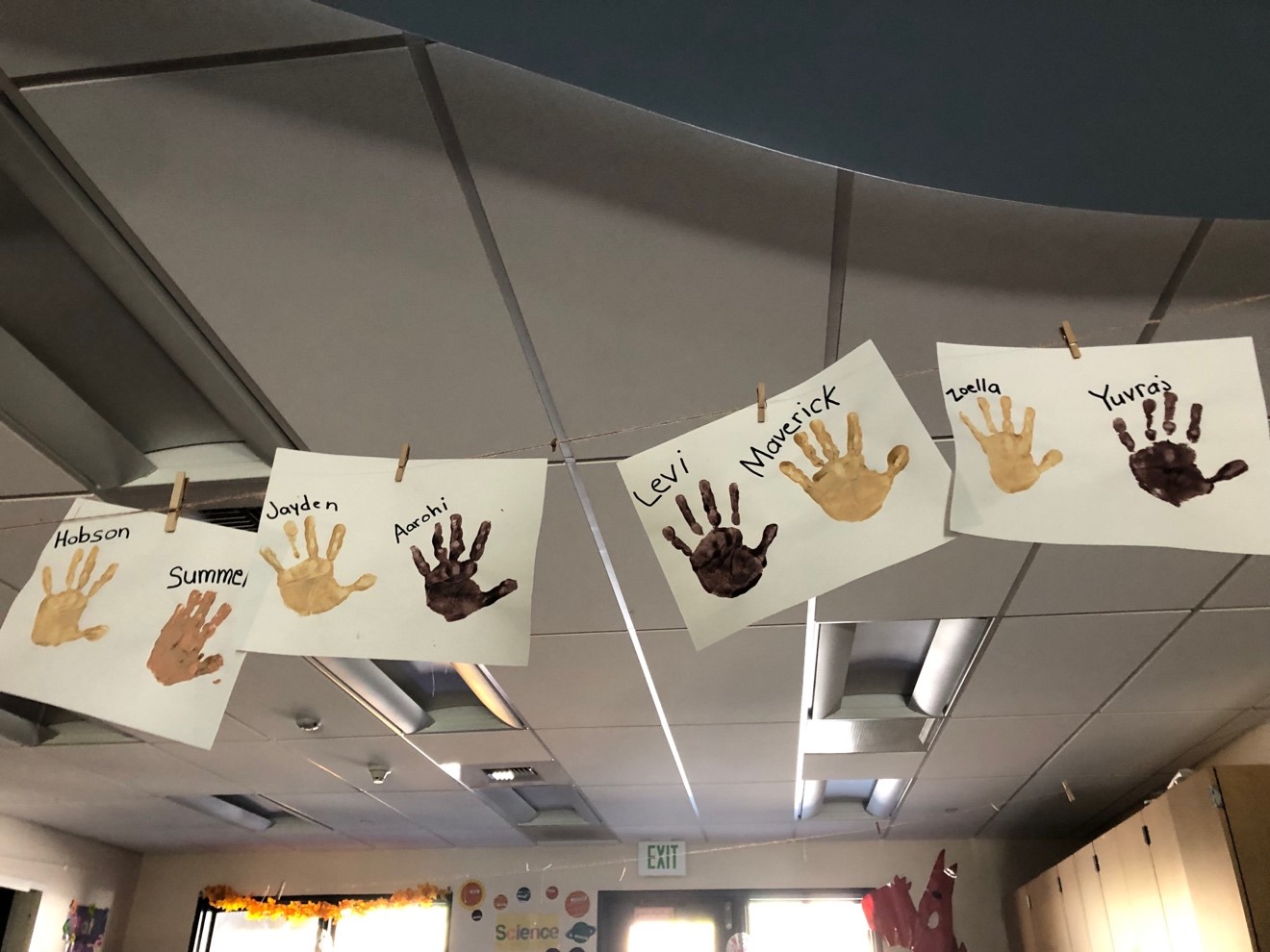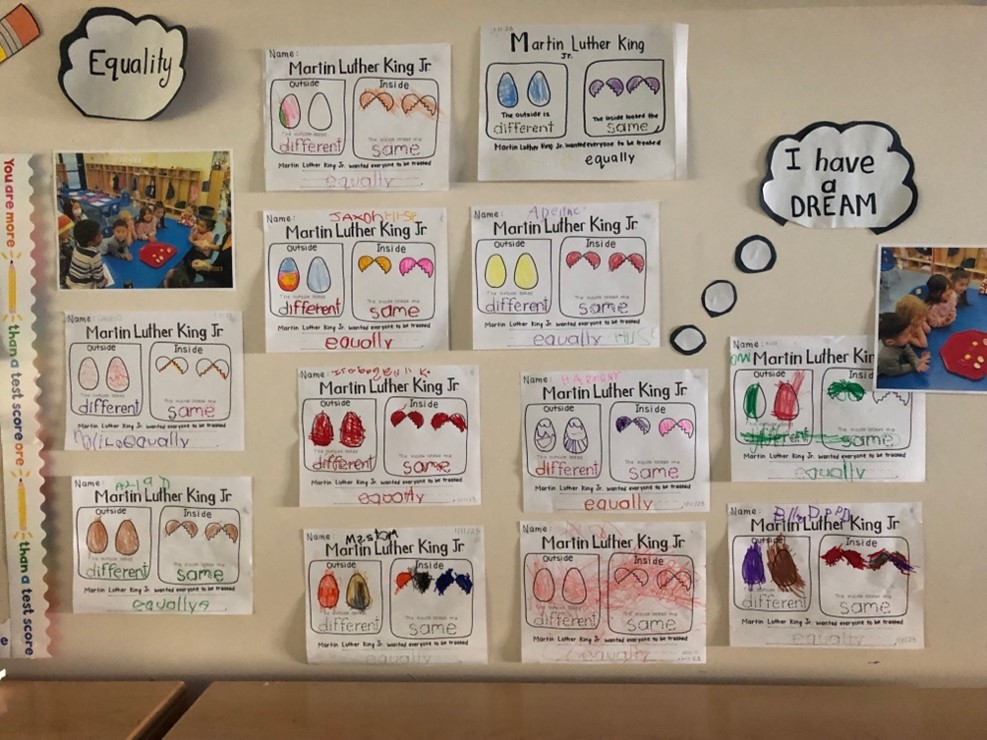 This month, we honor Black History Month, a time to celebrate the achievements of Black people throughout history in the United States and beyond. At Maryvale, we believe in the power and promise of offering a culturally responsive celebration of Black History Month, encouraging children and families of all cultures and ethnicities to embrace the history that celebrates all types of people – especially those who are often excluded from core cultural narratives.
This month, we honor Black History Month, a time to celebrate the achievements of Black people throughout history in the United States and beyond. At Maryvale, we believe in the power and promise of offering a culturally responsive celebration of Black History Month, encouraging children and families of all cultures and ethnicities to embrace the history that celebrates all types of people – especially those who are often excluded from core cultural narratives.
Why Black History Matters to Children
Children as young as six months old are able to register differences in skin color and begin developing biases and preferences. A fascinating study from the University of Toronto reveals that even in infancy, children can tend to express a preference toward people who are the same race as them. At Maryvale, we believe that introducing children at an early age to simple conversations about diversity, inclusion, and celebrating our differences starts as early as infancy. Children are never too young to start learning about different types of people and the cultural diversity that sustains our culture.
As early education practitioners, we see the potential in addressing bias and race-related feelings early as part of our larger mission to empower young people of all backgrounds and end the cycle of poverty. We feel that it is critical to provide children of all backgrounds and races with appropriate forms of representation and care. Our agency culture embraces diversity for the benefit of our children, families, staff, and our broader community. We strive to create a safe, nurturing environment that allows everyone to grow and learn. Bringing Black History into the classroom is a crucial part of this work.

The Value of Examining What and How We Teach During Black History Month
Here are a few thought-starters to inspire early childhood educators to celebrate Black culture and lay the groundwork for an inclusive environment in the classroom and beyond.
- Focus on Black Joy – children will learn about racism and discrimination, but there is so much more to Black History that can be adapted to be developmentally appropriate. Children love to have fun, so make the learning hands on and fun by sharing food, family traditions and music. Encourage all families to share their cultures within the classroom, and during Black History month invite African American families and staff to share their culture. Encourage the celebration of all cultures, by allowing opportunities throughout the year for all the children and families to share with the classroom.
- Read Books – there are so many books for young children that have been adapted to be developmentally appropriate. “The ABC’s of Black History” by Rio Cortez and “Sewing Stories: Harriet Powers’ Journey from Slave to Artist” by Barbara Herkert are great stories to share with young children. Golden books has an entire series dedicated to Black History, telling the stories of Harriet Tubman, Barrack Obama, Jackie Robinson and Martin Luther King, Jr. Savethechildren.org has a great list of books for young children that celebrate Juneteenth and Black History. These books should be included in the classroom and home library all year.
- Watch cartoons – cartoons can be an effective way to teach young children about Black History. Although we limit screen time for children, videos can be an effective teaching tool when used in collaboration with the curriculum. Sesame Street and PBS are good resources for age appropriate introductions to Black History.
- Get out in the community – go to your local soul food restaurant, participate in local Black History Celebrations, or watch a parade. Our Rosemead Early Education Center has a parade for Black History month where the children and families march around campus, with posters of historical Black figures that they have learned about throughout the month, and using drums that they made to create a joyful beat to march to.

Incorporating a properly representative cultural narrative in early childhood education is one of the many ways we believe in disrupting cycles of harm, poverty, and injustice. Learn more about our holistic approach to educating young children.






